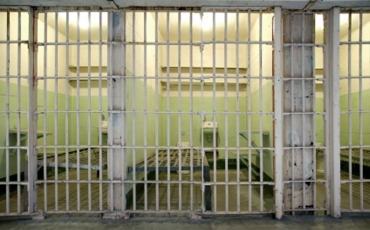Transgender people are too frequently targeted for violence and abuse because of their gender identity or presentation. Routinely, however, that violence and abuse comes from the very authorities entrusted with their safety. Police frequently harass and profile transgender people of color, sowing distrust among the very communities they have sworn to serve. According to the 2015 US Transgender Survey, a majority (57%) of transgender people are afraid to go to the police when they need it.
Transgender people in prison are exposed to horrific rates of abuse by both staff and their fellow inmates, facing physical and sexual assault at much higher rates than their counterparts. As the USTS found, transgender people are ten times as likely to be sexually assaulted by their fellow inmates and five times as likely to be sexually assaulted by staff. Transgender prisoners also face numerous other challenges behind bars, including denials of medical care and lengthy stays in solitary confinement.
Across the country, local advocates and communities are working to hold officials accountable and foster relationships meant to ensure the safety and rights of all. NCTE seeks to empower these advocates to effect change where it is needed most by providing publications, research, and technical assistance to local advocates. In 2019, NCTE published Failing To Protect & Serve, an audit of the policies at the 25 largest police departments and a model policy to help local advocates and law enforcement.
If you are working to improve the standards faced by transgender people in prison or the treatment of transgender people by your local police department, please contact NCTE at [email protected].





